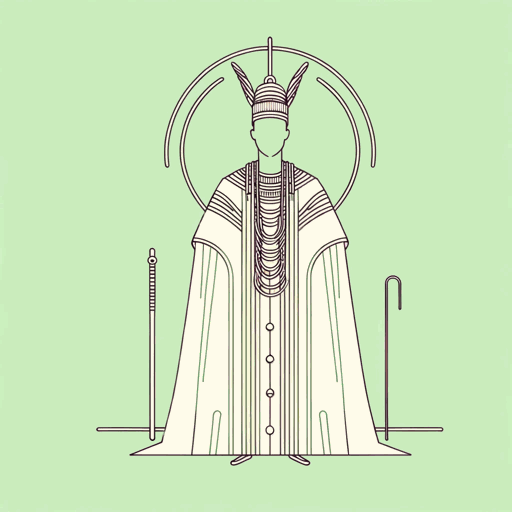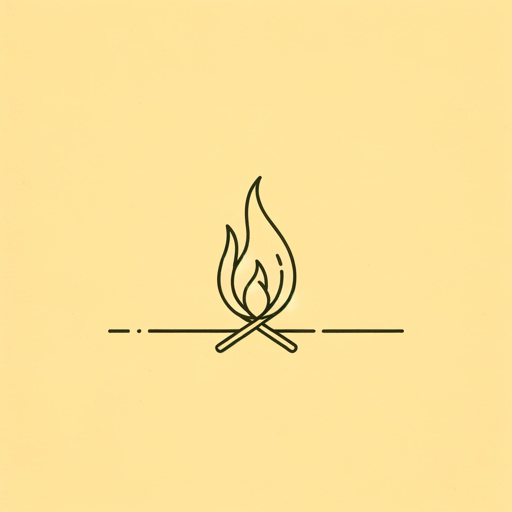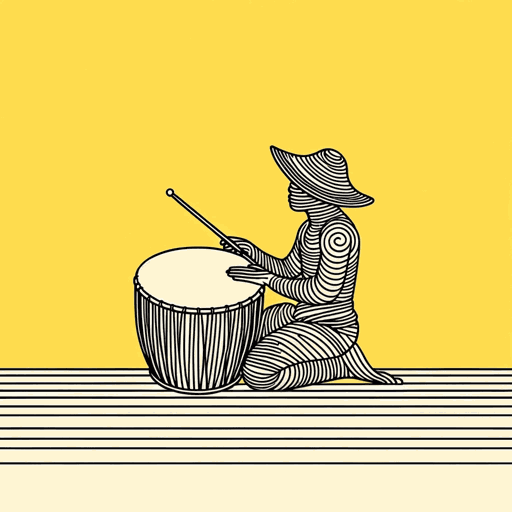40 pages • 1 hour read
Wole SoyinkaDeath and the King's Horseman
Fiction | Play | Adult | Published in 1975A modern alternative to SparkNotes and CliffsNotes, SuperSummary offers high-quality Study Guides with detailed chapter summaries and analysis of major themes, characters, and more.
Symbols & Motifs
Leftovers
Content Warning: This section of the study guide references ritual suicide and death by suicide.
Throughout the play, Yoruba characters accuse one another of eating “leftovers.” This slight symbolizes that an individual has no sense of honor. They are content to do with what others throw away, meaning that they have little dignity or self-respect. When Amusa goes to the market attempting to stop Elesin’s suicide, the girls that block his way call him an “eater of white left-overs” (39) and tell him he is not welcome at their mothers’ table. Amusa has abandoned his Yoruba principles and attempted to assimilate into British culture, but he remains on the lowest rung of the social ladder, shunned by both cultures.
Later, both Olunde and Iyaloja turn this insult on Elesin. Iyaloja tells the disgraced man that he has settled for fighting cats and mice “for the left-overs of the world” (68). Elesin abandoned the glory awaiting him for fulfilling his duty in favor of leftovers fit only for animals, signifying his complete loss of honor.
Related Titles
By Wole Soyinka
Featured Collections
African Literature
View Collection
Colonialism & Postcolonialism
View Collection
Colonialism Unit
View Collection
Daughters & Sons
View Collection
Dramatic Plays
View Collection
Fathers
View Collection
Mortality & Death
View Collection
Nobel Laureates in Literature
View Collection
SuperSummary Staff Picks
View Collection
Tragic Plays
View Collection
World War II
View Collection





